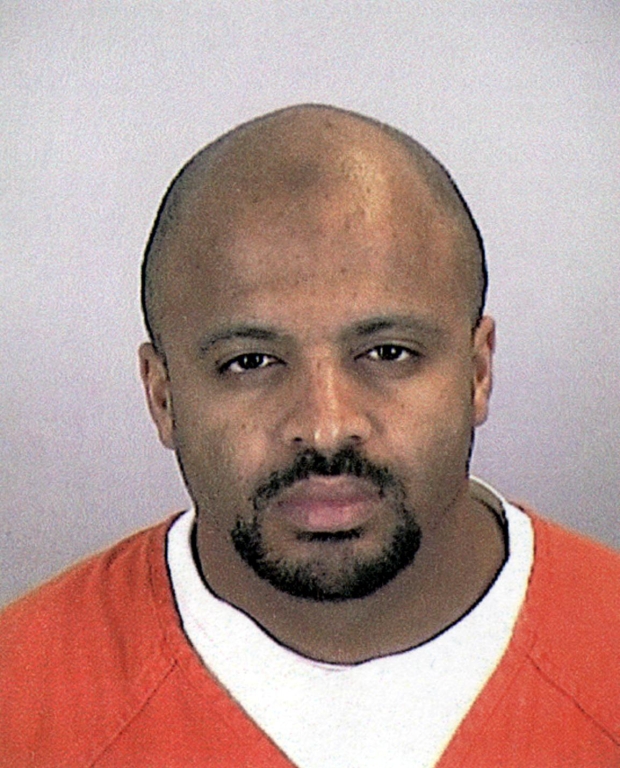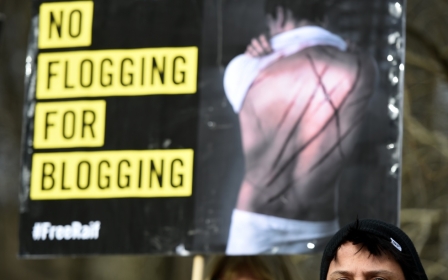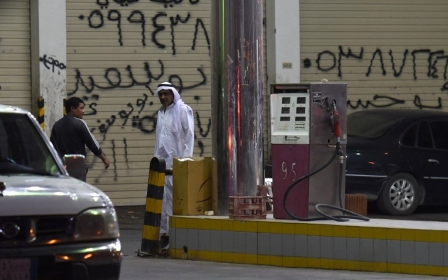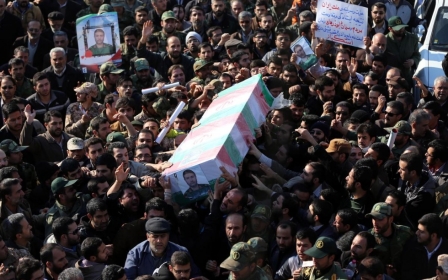High-profile Saudi princes accused of funding Al Qaeda
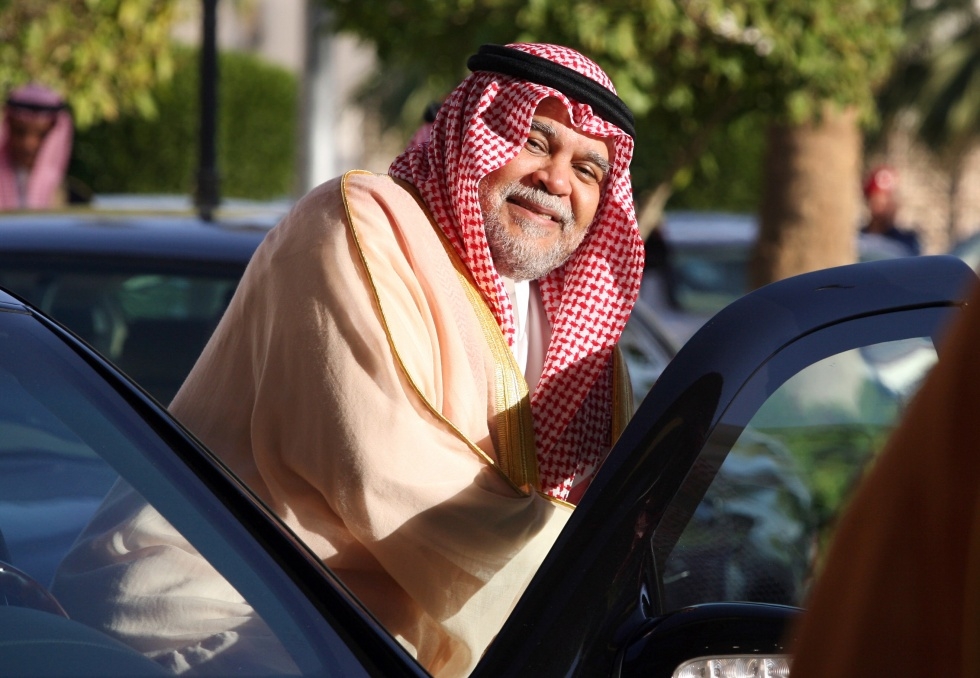
A jailed former member of Al Qaeda has given testimony to a US court accusing senior royals in Saudi Arabia of funding the militant group, according to court documents filed in New York on Tuesday.
Zacarias Moussaoui, serving a life sentence for his role in the 11 September 2001 attacks, made the claims in testimony given to lawyers for attack victims who accuse Saudi Arabia of providing direct support to al-Qaeda.
Moussaoui said he acted as a courier for the late al-Qaeda chief Osama bin Laden and compiled a list of donors to the group.
“Sheikh Osama wanted to keep a record who give [sic] money […] who is to be listened to or who contributed to the jihad,” said the 46-year-old French native who pled guilty to terrorism charges in 2005.
Moussaoui said Prince Turki al-Faisal (former intelligence chief), Prince Bandar bin Sultan (former ambassador to the US), and Prince al-Waleed bin Talal (well-known billionaire investor) all appeared on the al-Qaeda donor lists, as well as many of Saudi Arabia’s leading religious figures.
The former al-Qaeda member said he met the newly anointed King Salman, then crown prince, and other members of the royal family in Saudi Arabia when delivering messages from Osama bin Laden.
He also claimed to have met with an official from Saudi Arabia’s Washington embassy in Afghanistan and discussed a “stinger attack” on the US presidential plane Air Force One.
“I was supposed to go to Washington and go with him [the embassy official] (to) find a location where it may be suitable to launch a Stinger attack and then, after, be able to escape,” he said, adding that he was arrested before being able to do the attack reconnaissance.
The US Justice Department agreed last year to allow Moussaoui to give testimony in the case brought against Saudi Arabia and a team of lawyers questioned him in prison for two days last October.
Moussaoui also said in his testimony that he helped carry out a trial attack using a 750 kilogramme bomb planned to be used against the US Embassy in London. He also looked into the potential of using crop-dusting aircraft to carry out attacks.
The 9/11 attacks were carried out by 19 hijackers, 15 of whom were Saudi nationals. Wealthy Saudis have long been accused of funding groups including Al Qaeda, although the state has always denied any direct involvement.
On Wednesday Saudi Arabia’s US embassy released a statement denouncing Moussaoui’s testimony as having “no credibility”.
“Moussaoui is a deranged criminal whose own lawyers presented evidence that he was mentally incompetent,” the embassy said.
At his original 2006 trial Moussaoui’s lawyers, who he tried to have removed from the case, submitted evidence that he was suffering from a mental illness. He was, however, declared fit to stand trial and the judge described him as “an extremely intelligent man”.
Judge Leonie M Binkema said she was “fully satisfied that Moussaoui is completely competent”.
Lawyers who questioned Moussaoui in October reiterated that they thought him “focused and thoughtful”.
“My impression was that he was of completely sound mind,” Sean Carter said, according to The New York Times.
The case filed in 2002 by surviving victims of the 9/11 attacks has taken years to get to court, after having been initially blocked in 2005 on grounds that Saudi Arabia enjoyed “sovereign immunity”. That decision was later overturned and the US Supreme Court declined to hear an appeal brought by the Saudi government to dismiss the case.
Other statements filed in the case this week included statements by former senators who served on the committee that investigated the 9/11 attacks. Former Senator Bob Graham said links between the government of Saudi Arabia and the attackers must be explored further.
“I am convinced that there was a direct line between at least some of the terrorists who carried out the 11 September attacks and the government of Saudi Arabia,” wrote Graham.
The former Florida senator has been an advocate of releasing 28 pages of the congressional report on 9/11 that cover the alleged involvement of foreign governments in the attacks and which remain classified material.
US politicians who have read the 28 pages say its content is “disturbing”.
“I had to stop every two or three pages and rearrange my perception of history,” said Congressman Thomas Massie. “It’s that fundamental.”
Lawyers acting on behalf of the 9/11 survivors have said they will question Moussaoui further and have been granted permission to do so by prison officials.
“We are confident he has more to say,” Carter told the New York Times.
Middle East Eye propose une couverture et une analyse indépendantes et incomparables du Moyen-Orient, de l’Afrique du Nord et d’autres régions du monde. Pour en savoir plus sur la reprise de ce contenu et les frais qui s’appliquent, veuillez remplir ce formulaire [en anglais]. Pour en savoir plus sur MEE, cliquez ici [en anglais].


